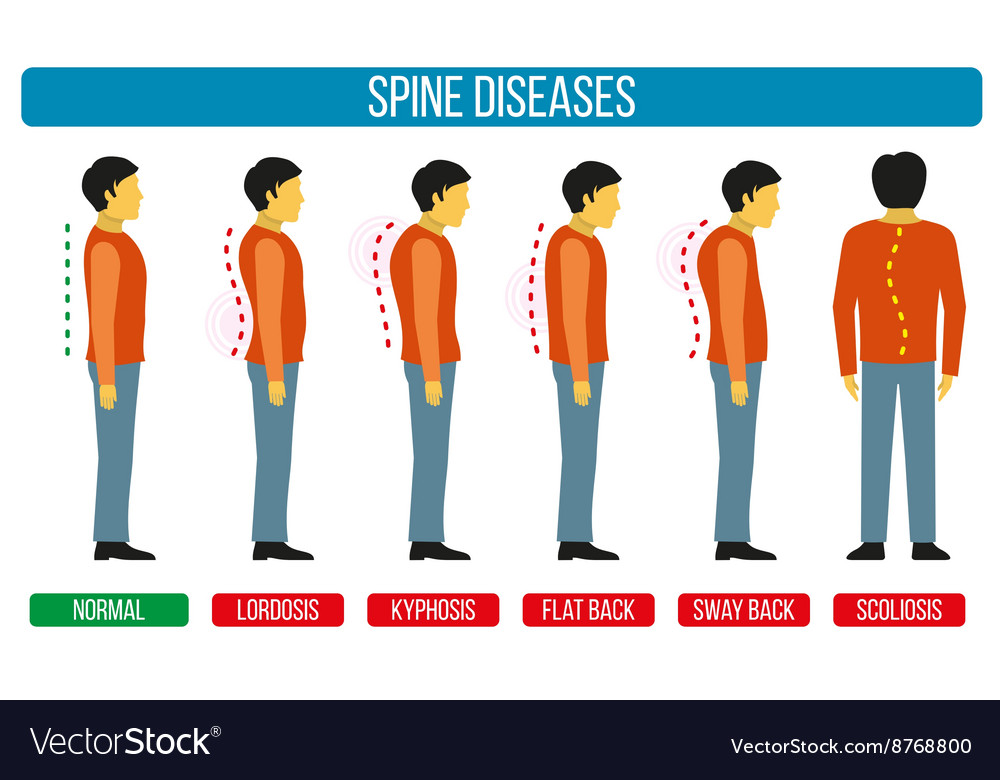The Impact Of Diet On Pain In The Back Management: Foods To Include And Foods To Omit
The Impact Of Diet On Pain In The Back Management: Foods To Include And Foods To Omit
Blog Article
Developed By-Mcclure Wheeler
When it comes to managing your neck and back pain, the food choices you make can considerably influence exactly how you really feel on a daily basis. Think of having the ability to relieve your discomfort just by adjusting what you eat. By comprehending the duty of nourishment in back pain administration and understanding which foods to incorporate or stay away from, you can take positive steps in the direction of a much healthier and much more comfortable lifestyle. The link in between nutrition and back health and wellness is much more extensive than you might recognize-- let's discover exactly how specific foods can either relieve or aggravate your pain in the back.
Value of Nutrition in Pain In The Back
Nutrition plays an important duty in managing back pain. please click the next web page can significantly affect swelling degrees and total pain degrees in your back. Taking in a balanced diet regimen rich in nutrients like vitamins D and K, calcium, magnesium, and omega-3 fatty acids can help reduce swelling and reinforce bones, which are necessary for back wellness.
Furthermore, maintaining a healthy and balanced weight through proper nourishment can relieve stress and anxiety on your spine, minimizing the risk of neck and back pain.
Furthermore, particular nutrients like antioxidants discovered in vegetables and fruits can aid fight oxidative stress and anxiety and advertise healing in the body, including the back muscular tissues and spinal column.
On the other hand, consuming too much amounts of processed foods, sugary drinks, and unhealthy fats can add to swelling and weight gain, aggravating back pain.
Foods to Consume for Back Health
To sustain a healthy and balanced back, integrating nutrient-rich foods into your daily meals is key. Consisting of foods high in antioxidants like berries, spinach, and kale can help in reducing swelling in your back, easing pain and pain. Omega-3 fatty acids discovered in fatty fish such as salmon and mackerel have anti-inflammatory homes that can benefit your back health and wellness.
Additionally, consuming nuts and seeds like almonds, walnuts, and chia seeds supplies essential nutrients like magnesium and vitamin E, which sustain muscular tissue function and decrease oxidative stress and anxiety. Incorporating lean healthy proteins such as hen, turkey, and tofu can aid in muscle repair and upkeep, advertising a strong back.
Don't fail to remember to consist of milk or fortified plant-based choices for calcium to sustain bone health and wellness. Finally, hydrate with plenty of water to keep your spinal discs moisturized and operating efficiently. By consisting of integrative/holistic therapy -dense foods in your diet plan, you can nourish your back and support overall back wellness.
Foods to Prevent for Pain In The Back
Opt for preventing processed foods high in added sugars and trans fats when looking for remedy for back pain. These types of foods can add to inflammation in the body, which might aggravate neck and back pain. Say no to sweet snacks sweet, pastries, and sweet beverages, as well as convenience food products like burgers, french fries, and fried chicken that are typically loaded with trans fats.
Additionally, stay away from foods having high degrees of refined carbs, such as white bread, pasta, and breads, as they can surge blood glucose degrees and possibly worsen swelling in the body.
It's likewise important to limit your intake of foods high in hydrogenated fats, like red meat and full-fat dairy products, as they can contribute to swelling. Processed foods like deli meats, chips, and packaged snacks are commonly high in hydrogenated fats and ought to be consumed in moderation.
Final thought
Finally, paying attention to your diet plan and making smart food selections can have a substantial influence on managing back pain. By integrating nutrient-rich foods like berries, fatty fish, nuts, and lean proteins, and avoiding refined and sugary products, you can help in reducing swelling and support on the whole back health and wellness. Remember, what you consume plays an important role in just how you feel, so make sure to prioritize your nutrition for a healthier back.
